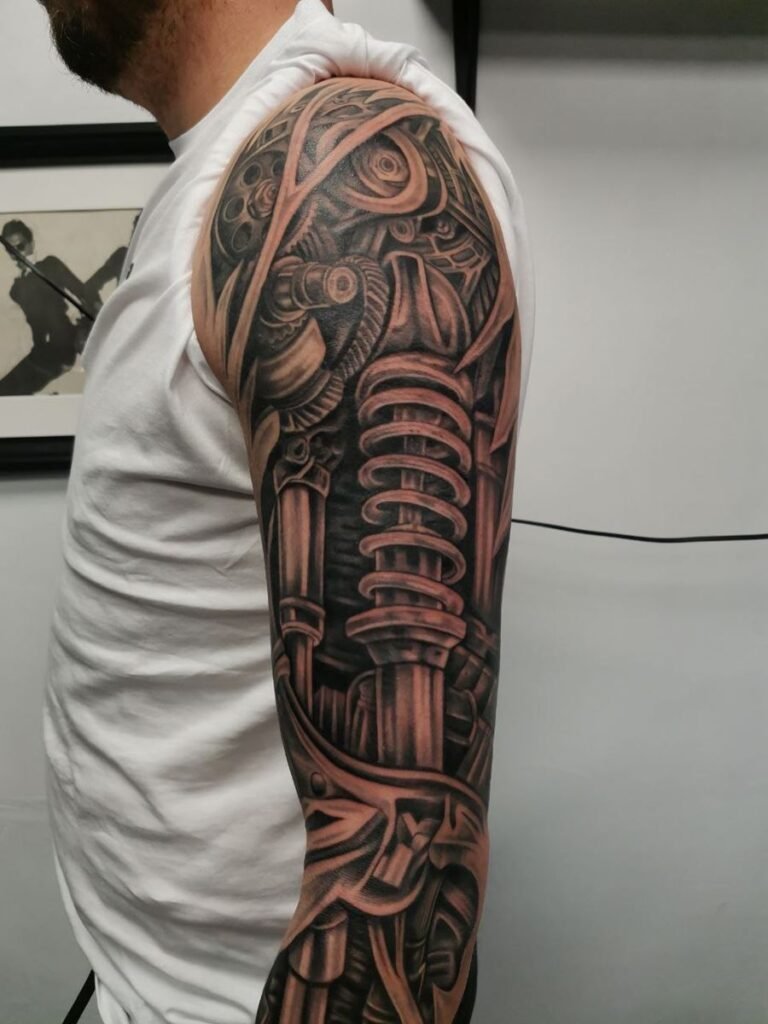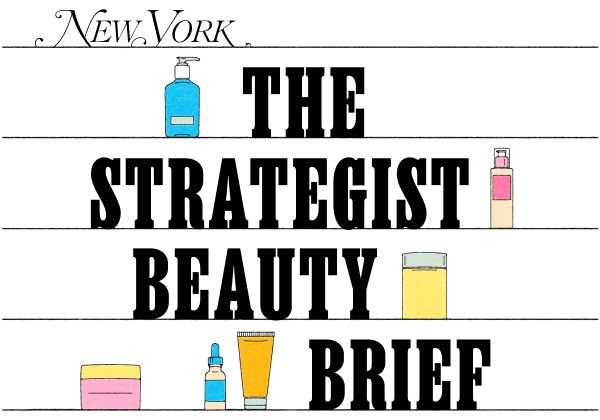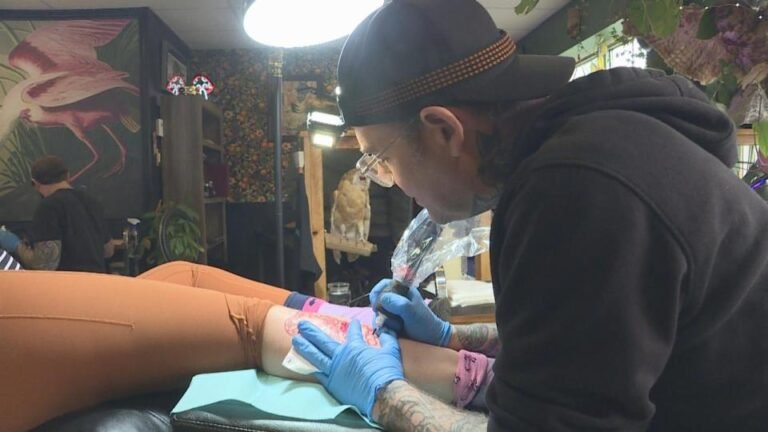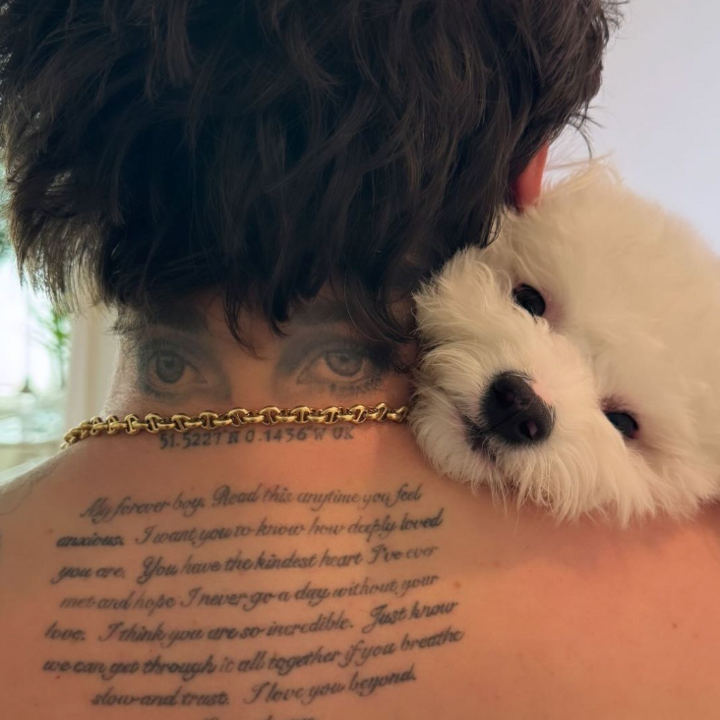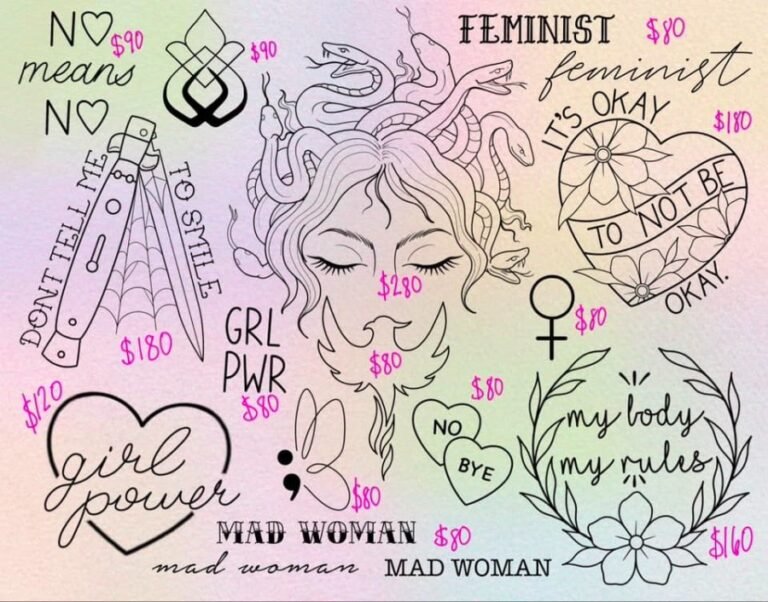Top Tattoo Artists Doubt Robot Tattooing Trend
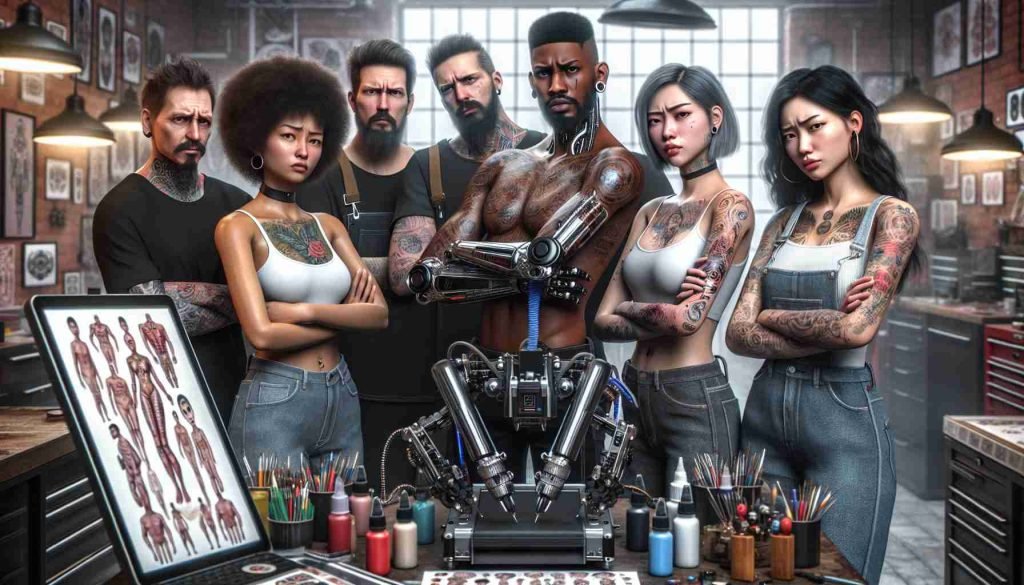
Famend Tattoo Artists Specific Skepticism In the direction of Robotic Tattooing Development
A latest dialogue with famend tattoo artists has revealed a big skepticism inside the group in regards to the rise of automated tattoo machines. Whereas these machines have been a subject of curiosity on-line, consultants within the subject argue that they can not replicate the non-public contact and adaptableness that human artists carry to the craft.
Two tattoo artists, Bobby Johnson, an “Ink Grasp” winner, and his peer Aaron Davis, have voiced their critiques relating to the newest development of tattooing robots. They argue that automated machines lack the mandatory soul and private engagement that outline the essence of tattoo artwork. Throughout an interview, Bobby Johnson drew a comparability between automated tattooing and a monotonous meals manufacturing line, highlighting its absence of ardour and private connection. Each tattooists emphasize that the design and software of tattoos require an artist to tailor their work to suit the distinctive contours of a person’s physique, one thing {that a} programmed machine can’t replicate.
Johnson additionally raised sensible considerations in regards to the reliability of such know-how, notably the downtime and potential enterprise losses an area tattoo parlor might face ought to the machine require repairs. Finally, the consensus amongst these masters of the craft is obvious: the human component is prime to tattooing, and machines, regardless of how superior, won’t exchange the customized and intuitive nature of a human artist’s contact. This sentiment serves as a reminder of the worth of human creativity and talent in an age of accelerating automation.
Trade Overview
The tattoo business has seen a outstanding surge in reputation in latest many years, remodeling from a subculture right into a mainstream phenomenon. Based on market analysis, the worldwide tattoo market is poised for vital progress, with some forecasts projecting the business to increase at a Compound Annual Progress Price (CAGR) of round 6.6% from 2020 to 2025. Components driving this progress embrace the rising reputation of tattoos amongst millennials, elevated acceptance in skilled environments, and developments in tattoo-related applied sciences, similar to inks and gear which have made tattoos safer and extra vibrant.
Market Forecasts
With the business’s progress, the demand for tattoo-related services is anticipated to rise. This contains not simply the companies supplied by tattoo artists but additionally aftercare merchandise, laser elimination companies, and even non permanent tattoos. Moreover, there’s an rising development of using tattoos for medical functions, like hiding scars or creating natural-looking eyebrows for individuals who have misplaced them as a consequence of medical situations, doubtlessly opening new market segments.
Trade Challenges
Nevertheless, the tattoo business shouldn’t be with out its challenges. Regulatory points associated to well being and security requirements fluctuate considerably throughout areas and might affect market dynamics. The chance of infections and the unfold of illnesses by means of unclean practices is a big concern that respected artists and parlors should regularly deal with to keep up the integrity of the business.
Moreover, as mentioned within the unique article, there may be skepticism in regards to the introduction of know-how similar to automated tattoo machines. Critics argue that these machines could lack the mandatory finesse and emotional intelligence that human artists carry to the craft. Cultural and inventive components are deeply entwined with tattooing, and lots of imagine that automation might dilute the personalization of the artwork type.
Adaptation and Future Prospects
Regardless of the considerations over automation, technological developments might additionally result in new instruments that help tattoo artists fairly than exchange them. Improvements might assist improve precision, scale back ache, and even supply new mediums inside the tattooing course of.
For these intrigued by the broader context of the tattoo business or potential market alternatives, assets such because the IBISWorld report on the tattoo business would possibly supply useful insights. Ought to the reader be involved in figuring out tendencies and forecasts inside the artwork and design scope, a take a look at business evaluation from Grand View Analysis could increase their understanding.
In conclusion, whereas the rise of automated tattoo machines could elicit discussions about know-how’s function in the way forward for tattooing, the business as an entire continues to thrive off the again of human artistry and connection. Improvements that respect and improve these components will doubtless discover a extra welcome reception amongst artists and lovers alike.


